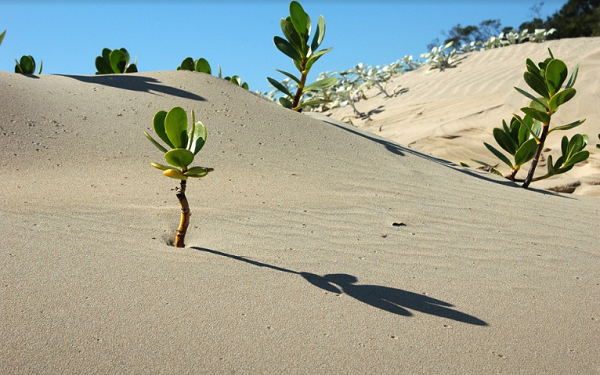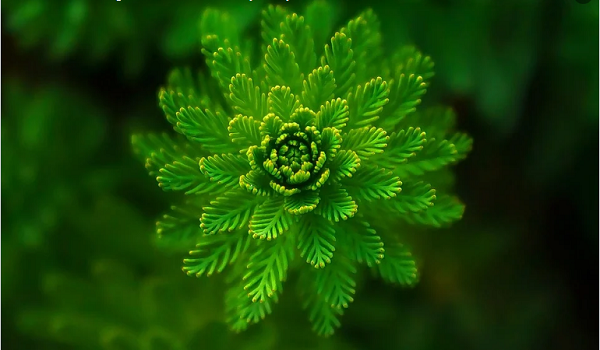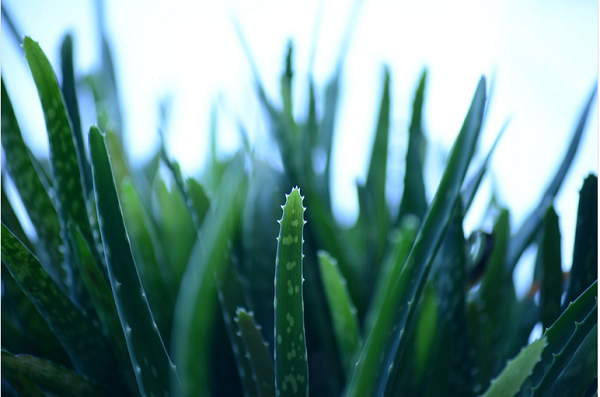
Exhibition time: 17-19 March, 2026 Shanghai, China
 中文
中文

Exhibition time: 17-19 March, 2026 Shanghai, China
 中文
中文

Key words of the passage: bacteria; bioproduct; plant; technology
Bacteria found in the rhizosphere of queen of the night (Cereus jamacaru), an important cactus of the Caatinga region which is locally known as mandacaru, will help Brazilian corn crops withstand droughts. The rhizobacteria Bacillus aryabhattai is the basis of new bioinput that increases corn plant resilience and capacity of adaptation to water stress. The product, which received the brand name Auras, is capable of promoting the growth of the same crop in drought conditions.
The new technology is the result of over 12 years of research and is reaching the market through a partnership between Embrapa Environment, São Paulo, and NOOA Agricultural Science and Technology, from Minas Gerais, Brazil. It is the first commercial product aimed at mitigating the effects caused by water stress in plants and there is no record of competitors at the Brazilian Ministry of Agriculture, Livestock and Food Supply (Mapa).

Auras can reduce the effects caused by prolonged droughts, thus minimizing risks and fully expressing the farm's potential. The technology was developed by Embrapa and will be exclusively produced and distributed by NOOA.
The initial focus of the product will be corn, with 70% of estimated demand in the second harvest (double-cropping) and 30% in the summer harvest, the first one. This is because the second harvest or off-season corn is more affected by dry spells and water restrictions in general. NOOA warns that their product does not increase production, however, it protects the crop from losses caused by water stress. The estimate is that Auras saves between six and eight bags of corn per hectare, on average, within a setting that turns over about half a bag of maize per hectare. The intention is to expand the use of the product to other crops, such as soybeans and wheat.

“For the time being, this is the only study regarding this technology in tropical agriculture, which in fact suffers the greatest impact from droughts”, stresses Itamar Soares de Melo, the Embrapa researcher who conducted the research on rhizobacteria from which the bioactive was extracted. He reports that the bacterial isolates can perform important roles towards promoting plant growth in dry soils, for instance.
“There is no doubt that bioinputs have a relevant role in the sustainable development of Brazilian agriculture. And Auras brings forth a new landmark in this growing market for biological products,” states the head of Embrapa Environment, Marcelo Morandi.
“This technology is the result of many years of research in the selection of microorganisms with traits of interest for agriculture and the partnership with a company who glimpsed at this future, and now the product is available for farmers”, he adds.
Source: AgroPages
